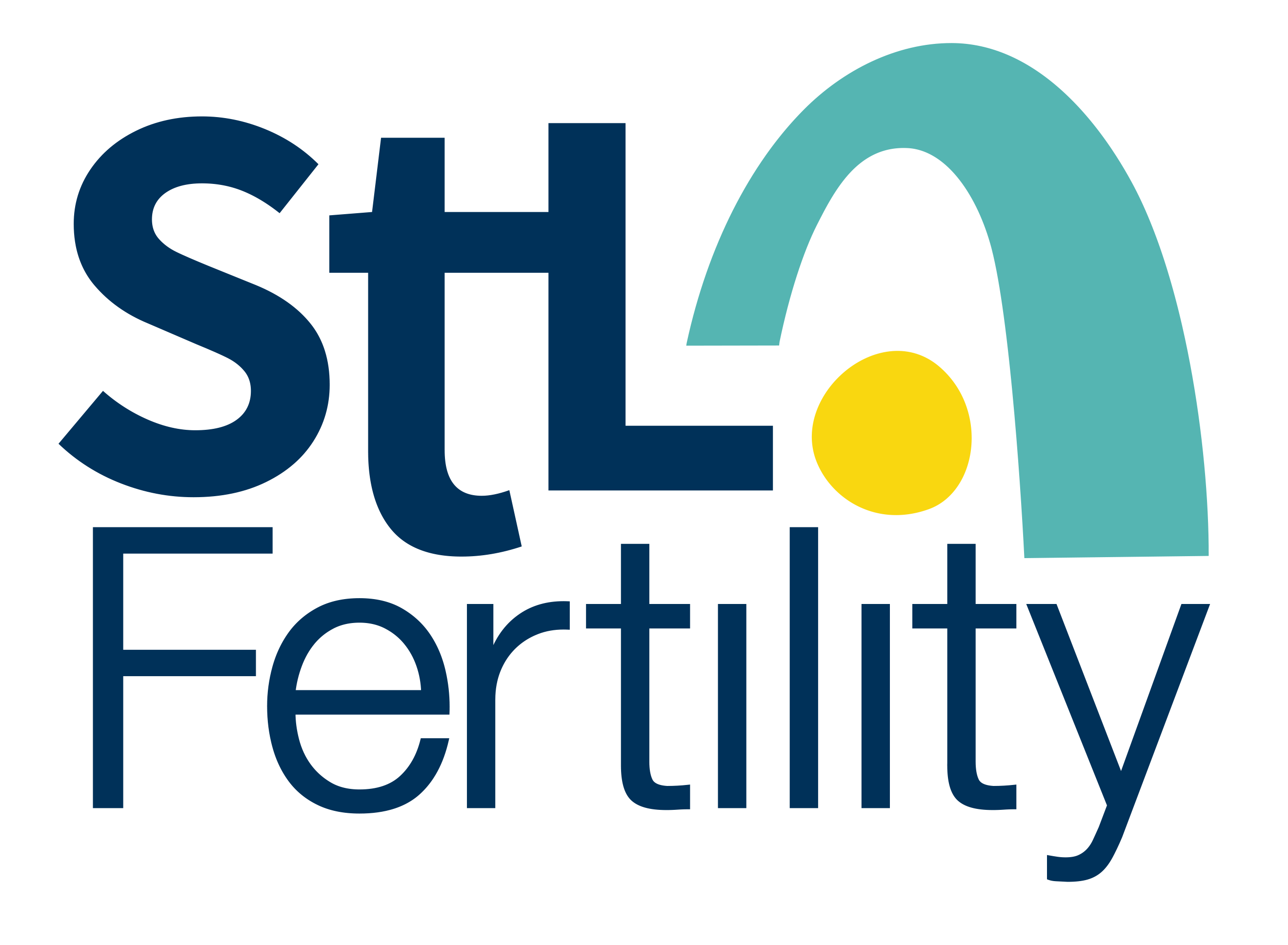For women experiencing fertility challenges, especially those related to failure of the ovaries, the desire to have a child continues to grow and can even deepen. We understand it may be painful & emotionally distressing to face the reality of not being able to conceive using your own eggs. There is hope for women unable to use their own eggs to conceive and also for gay men and gay couples who must use an egg donor in order to conceive a biological child. To a person unfamiliar with infertility treatments and procedures, the term ‘egg donor’ may seem foreign or even unpleasant. However, this couldn’t be further from the truth! So, what’s the 411 on egg donation..?
What is Egg Donation?
Egg donation (also known as Ovum Donation) is a fertility procedure, which involves another woman, the egg donor, undergoing ovarian stimulation in order to produce eggs intended for fertilization. The fertilized eggs are then transferred to the uterus of the intended mother or a gestational carrier (GC) as an embryo at our St. Louis, MO fertility center. The hope is that the transferred embryo(s) will result in a successful pregnancy and live birth.
Why Egg Donation and who is it for?
Egg donation is a viable option for many people to grow their families, and there are many reasons that you may choose this as part of your fertility treatment.
Egg donation is an effective option for women who are unable to conceive using their own eggs. A woman may not have any of her own eggs, may have had her ovaries removed, may have undergone a cancer treatment that has damaged her ovaries, or may be experiencing early menopause.
When it comes to LBGTQ family building, gay men/couples who need a donor egg in order to use their own sperm to create a biological baby. In this case, a gestational surrogate is necessary for the pregnancy.
For older patients, egg donation has benefits over standard In Vitro Fertilization (IVF cycles). In many instances more eggs are retrieved from a younger donor (25 – 33 years of age) than would ordinarily be needed to complete a single attempt at achieving an IVF pregnancy. Additionally, these eggs are less likely than their older counterparts to produce chromosomally abnormal embryos that may result in miscarriage or birth defects.
What are Your Next Steps?
The SIRM St. Louis team is comprised of compassionate caregivers, and our top fertility doctors are dedicated to holding your hand through the process of conceiving by using an egg donor. If you are interested in learning more about this option for family building, please contact our infertility clinic. Our specialists will educate you on our process and our on-site fresh donor egg program as well as discuss the extensive frozen donor egg bank options.
